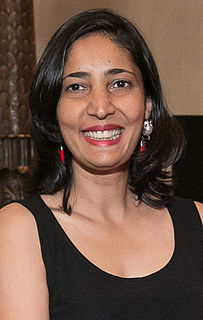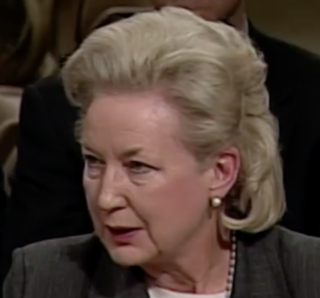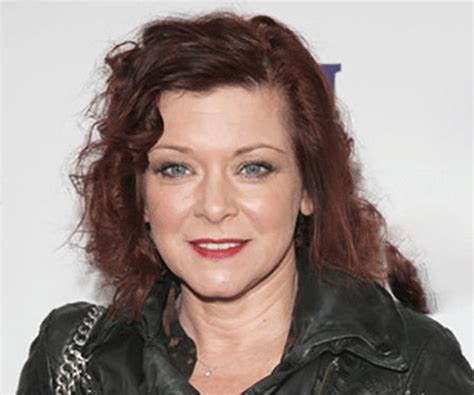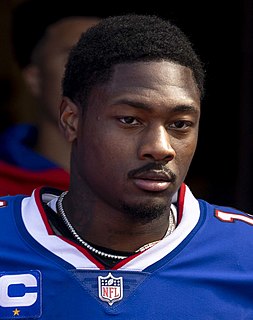A Quote by William Shakespeare
What should a man do but be merry? For look you how cheerfully my mother looks, and my father died within's two hours.
Related Quotes
There's no greater feeling than people coming up to me and going, "Man, my father was dying, and we went to see Rush Hour, and it was the greatest night we had in years together. We sat in that theater and we laughed for two hours without stopping. That was just a great memory that I had before my father died."
That's the advice I would give to women: Don't look at the bankbook or the title. Look at the heart. Look at the soul. Look at how the guy treats his mother and what he says about women. How he acts with children he doesn't know. And, more important, how does he treat you? When you're dating a man, you should always feel good. You should never feel less than. You should never doubt yourself.
My father died at 42, of a heart attack. My mother was 32 then. She never wanted to be a victim. And that really resonated as a nine-year-old child. And one of the most revealing things was, very soon after my father died - he was in real estate and he owned some modest buildings - they came to my mother, the men that worked for him, and they said, "You don't have to worry. We will run the business and we will take care of you." And my mother said, "No, you won't. You will teach me how to run the business and I will take care of it and my children."
My family background really only consists of my mother. She was a widow. My father died quite young; he must have been thirty-one. Then there was my twin brother and my sister. We had two aunts as well, my father's sisters. But the immediate family consisted of my mother, my brother, my sister, and me.
When he died, I went about like a ragged crow telling strangers, "My father died, my father died." My indiscretion embarrassed me, but I could not help it. Without my father on his Delhi rooftop, why was I here? Without him there, why should I go back? Without that ache between us, what was I made of?
I don't believe in regretting - one should try to move on. My mum was good at that. She was deeply in love with my father, and he died when I was nine. She remarried, and her second husband died, too. I saw the grieving process she went through. My mother had this way of moving on. It was a fine trait.







































